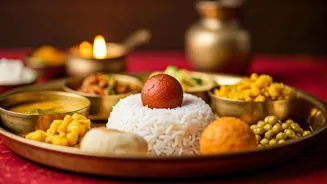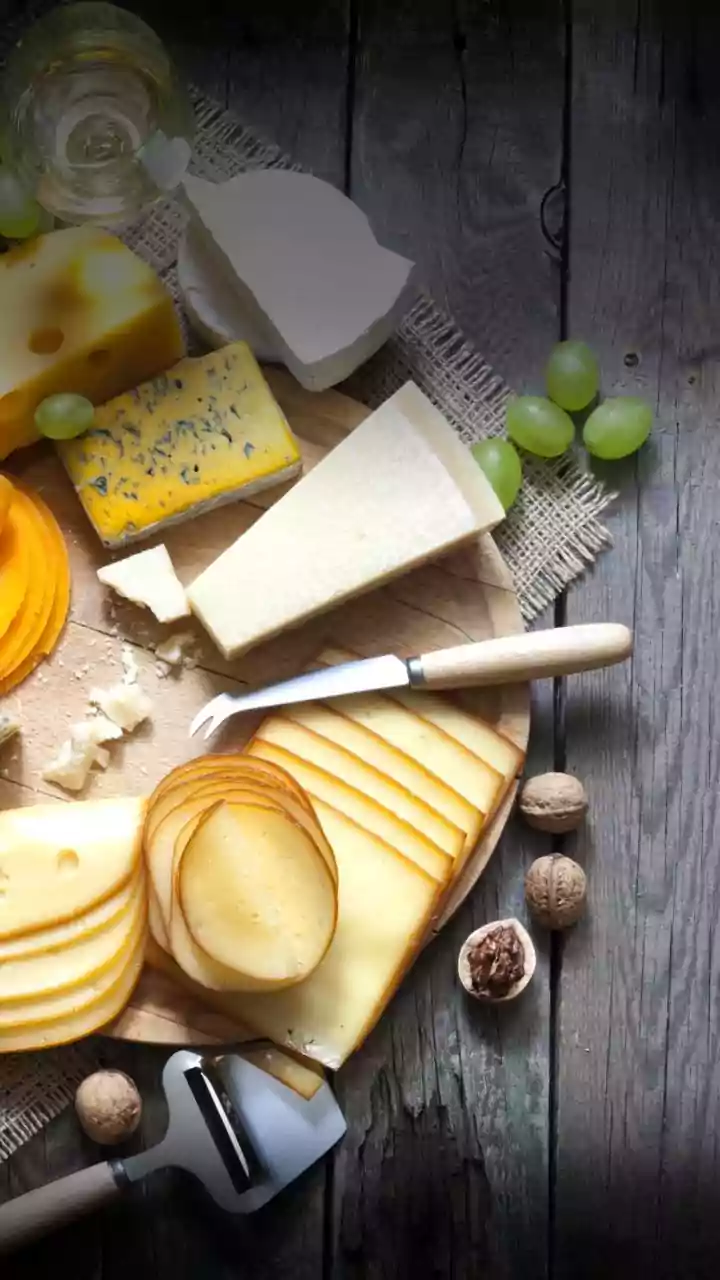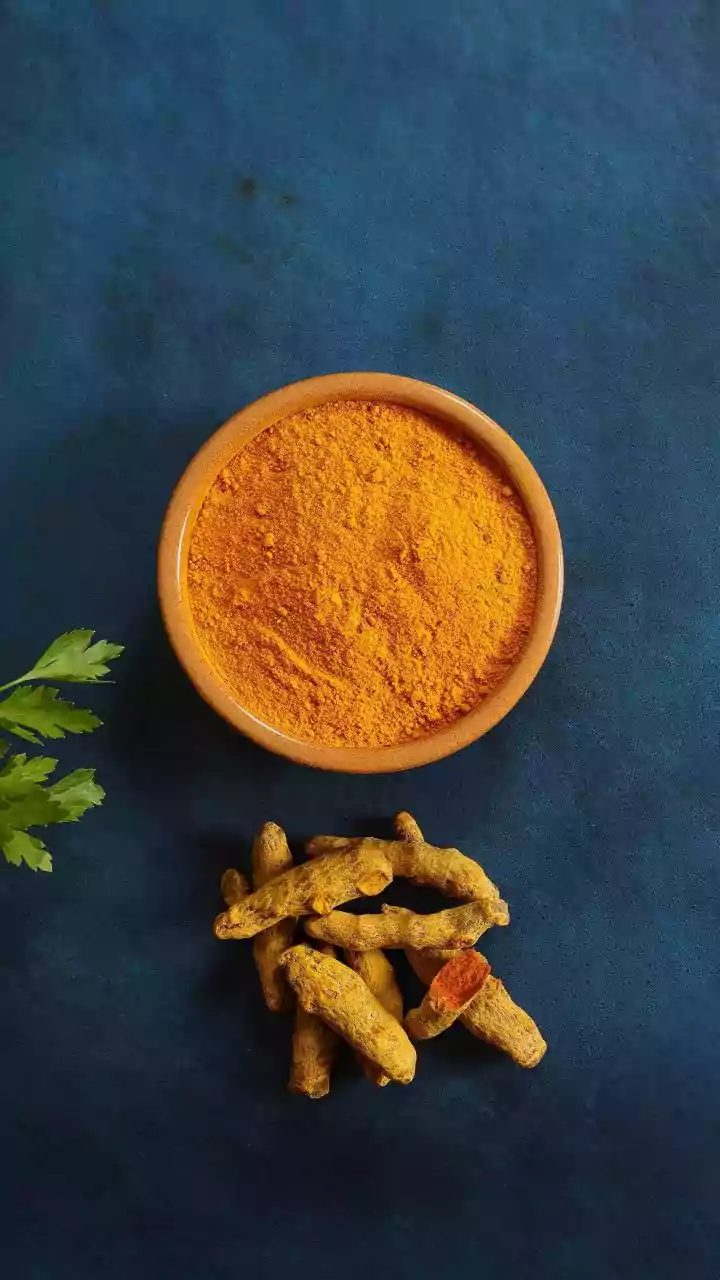What is the story about?
Ever wondered which foods could be secretly raising your blood sugar levels? Let's unveil some everyday items that may be impacting your health more than you realize, with a focus on the Indian diet!
The Hidden Sugar Trap
Many foods Indians love are sneaky sugar sources! Processed snacks, refined carbs, and even seemingly healthy options can contribute to high blood sugar. Being mindful of portion sizes and food labels is vital for managing your intake and promoting overall well-being. This includes options like white bread, breakfast cereals, and sweetened beverages. Remember the mantra 'Moderation is key!'
Drinks: Sugar Bombs!
Sweetened beverages like chai with extra sugar, packaged fruit juices, and fizzy drinks can rapidly elevate blood sugar. Opting for unsweetened options, such as herbal teas or fresh, homemade nimbu paani, can be a refreshing and healthier alternative, allowing you to enjoy your drinks without compromising your health. Always look for ways to reduce sugar intake.
Snacks: Indian Favourites?
Popular Indian snacks like samosas, jalebis, and even certain varieties of namkeen can pack a high sugar punch, especially when fried in oil. These treats, while delicious, contribute to blood sugar spikes. Consider healthier snack alternatives, such as roasted chana or a handful of nuts. Also, be mindful of the oils that are used.
The Carb Connection
Refined carbohydrates like white rice and white bread quickly break down into glucose, leading to blood sugar fluctuations. Try swapping these for whole-grain alternatives like brown rice or roti made from whole wheat flour. This is a small change but can significantly impact your blood sugar levels. Remember to balance your meals with fiber and protein.
Check Labels, Stay Informed
Reading food labels carefully is paramount! Be mindful of added sugars in packaged foods. Also, look for hidden sugars in sauces, dressings, and even some ready-to-eat meals. Prioritize fresh, whole foods to maintain healthier blood sugar levels. Making informed choices is the first step toward a healthier you, so start paying attention.

















![[WATCH] T20 World Cup 2026: Gautam Gambhir hosts dinner for Team India players ahead of Namibia clash](https://g-mob.glance-cdn.com/public/fc/image/7gXS1xdhs5Q0.webp)



